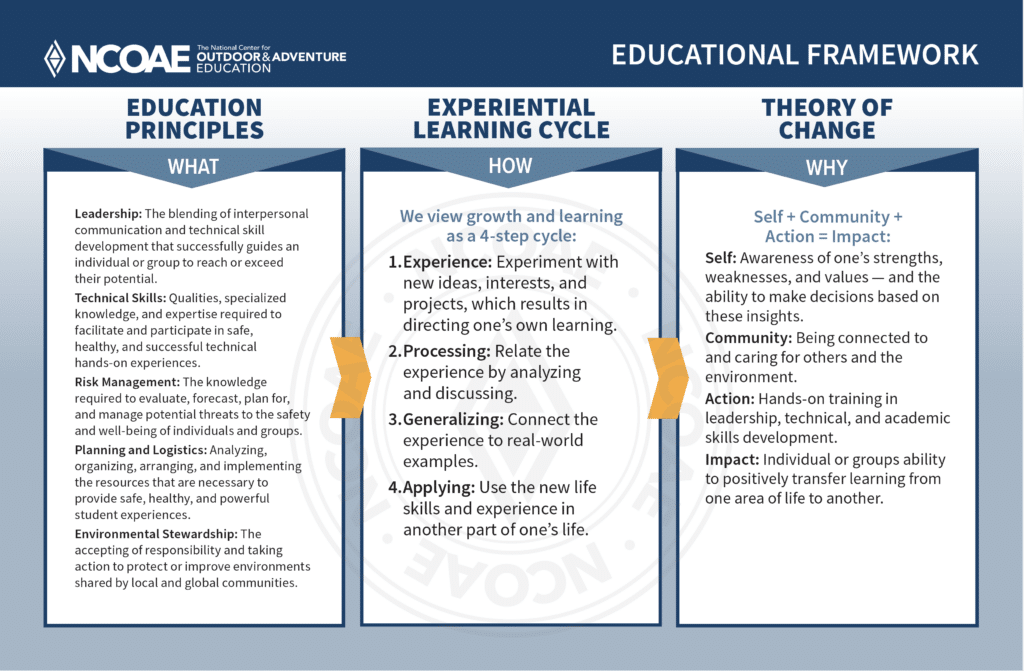SOAP Notes Keep Wilderness Medicine Clean
Wilderness MedicineIn the context of wilderness medicine, soap and SOAP are both indispensable. An explanation is in order. We’re all familiar with lower-case soap. This noun refers to a substance that’s added to water to remove dirt, grease, grime, and germs from various surfaces, including skin, hair, clothing, pots and pans, and so on.
Soap In The Wilderness
Traditional soap works in two ways — as a surfactant to break water tension, improving water’s ability to penetrate surfaces, and as a molecule that has a love-hate relationship with water. Soap molecules have two ends, one that’s hydrophilic (loves water) and the other that’s hydrophobic (hates water). The hydrophilic end binds to water, while the hydrophobic end binds to anything other than water — dirt, grease, grime, germs. Imagine soap molecules as tiny carabiners that shackle dirt molecules to water molecules to enable the water molecules to usher them away.
In backcountry and wilderness settings, soap plays a vital role in preventing infection and transmission of disease. In fact, scrubbing vigorously with soap and water may be among the most important risk-management technique you practice during your time in the wilderness.
SOAP (Subjective, Objective, Assessment, Plan)
Now let’s move on to the other SOAP — all uppercase — which is an acronym for Subjective, Objective, Assessment, and Plan. As an outdoor educator, field instructor, or wilderness guide, this note-taking procedure is nearly as important as scrubbing your hands regularly with soap and water. This is especially true when you’re dealing with a client injury or illness in a remote setting.
SOAP Notes, which I’ll be covering in this post, separate important information from the chaos and fog of emotion in order to provide clean, uncluttered details for making informed medical decisions and emergency response plans.
With SOAP Notes in hand, field instructors and outdoor educators trained in wilderness medicine, as well as backcountry guides, are better prepared to respond to a medical emergency. They do this by:
- Following an organized, methodical process
- Tracking changes in a patient’s health status
- Keeping a record of assessments, anticipated problems, and any interventions already provided
- Communicating with emergency responders
- Ensuring a seamless transfer of patient care to next-level healthcare providers
- Documenting cases and care for improving organizational outcomes
Here at The National Center of Outdoor Adventure and Education (NCOAE), we developed the SOAP Note form shown below.

Our SOAP Note’s Form
Our SOAP Note form consists of the following seven sections (more…)
The Value of NCOAE’s Curriculum Focusing on Leadership and Personal Growth
Outdoor EducationWhat happens when someone answers the call to outdoor adventure and enrolls in a wilderness education, outdoor education, or backcountry expedition like the ones we offer at The National Center for Outdoor & Adventure Education (NCOAE)?
They’re pretty much guaranteed they’ll be engaged in an experience that involves adventure, challenges, and fun, but most important — learning. I mean, just do the math: “Adventure” and “Education” is at the tail end of our name.
Our Educational Framework (see below) is the basis for what we do within the practice of outdoor education, just as the Experiential Learning Cycle itself defines how we do it, and our Theory of Change explains why we do it.

At NCOAE, we are undeniably invested in teaching technical outdoor skills, the science of applying risk management to wilderness and backcountry expeditions, and planning and logistics — the cornerstones of living safely and in relative comfort during an adventure-based expedition. Our course areas are spread across the globe and provide a unique context to engage in lessons on environmental stewardship and Leave No Trace’s principles of outdoor ethics. However, one of the top areas upon which we focus during an NCOAE expedition is leadership.
Our students are guided to process, generalize, and apply what they are experiencing during an NCOAE program, with the ultimate objective of (more…)
TALK TO US
Have any further questions about our courses, what you’ll learn, or what else to expect? Contact us, we’re here to help!